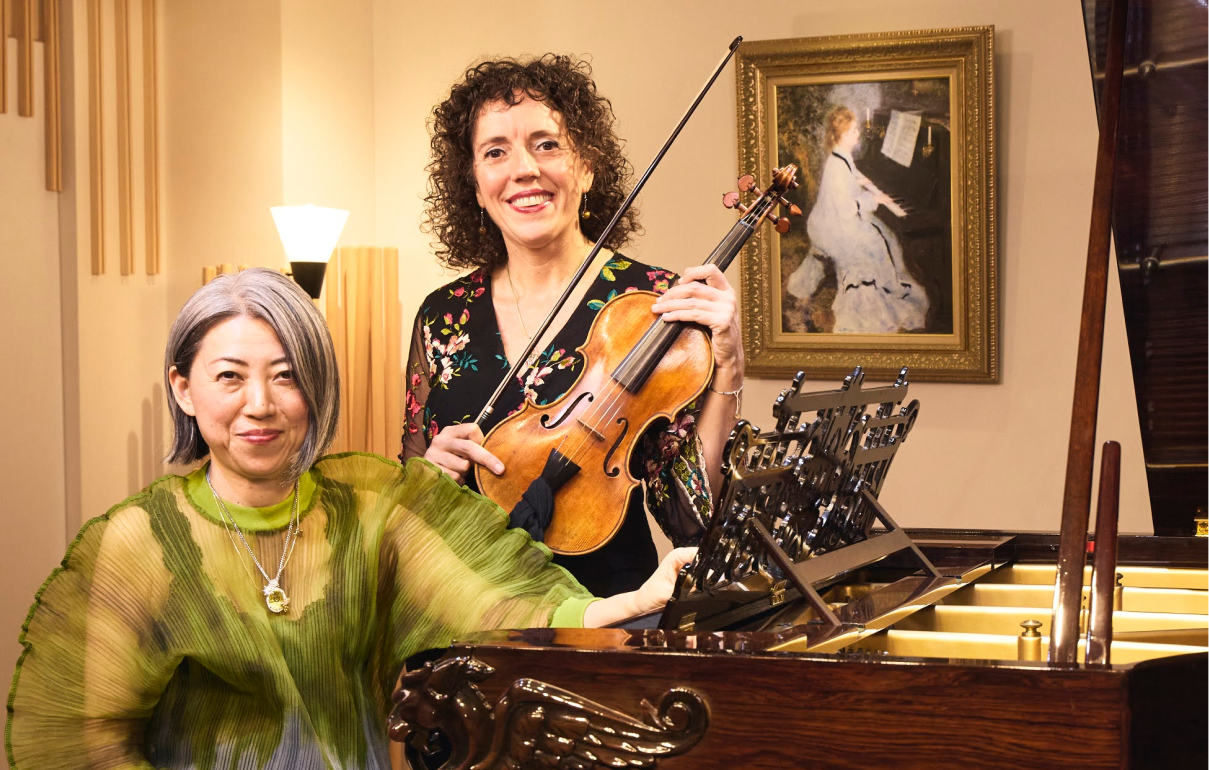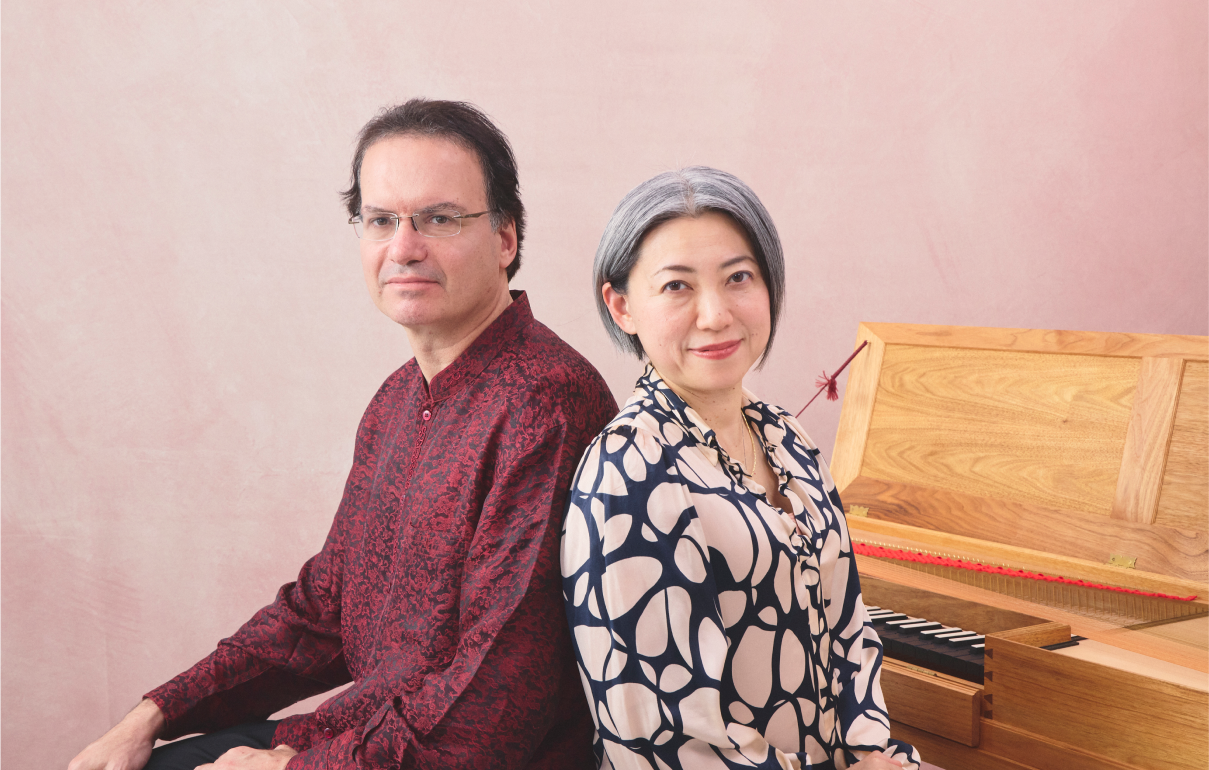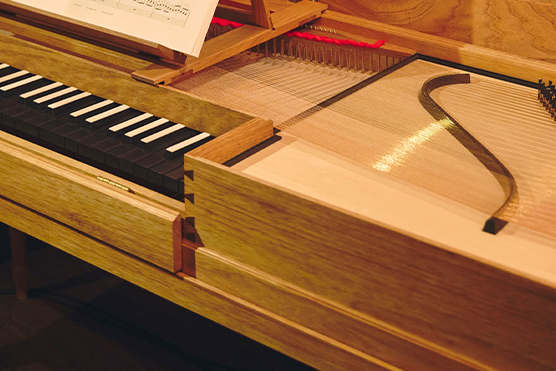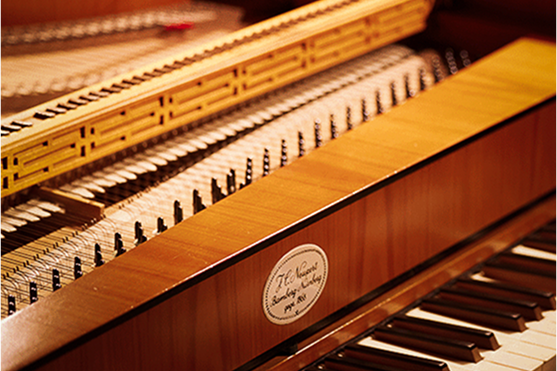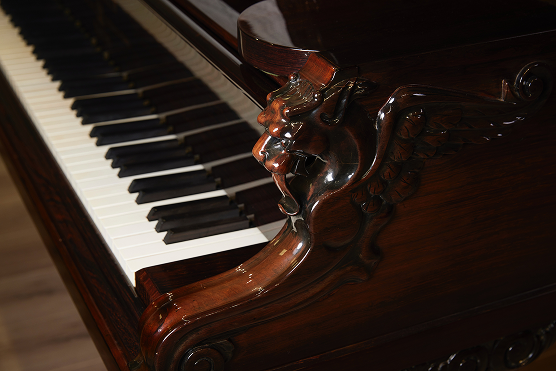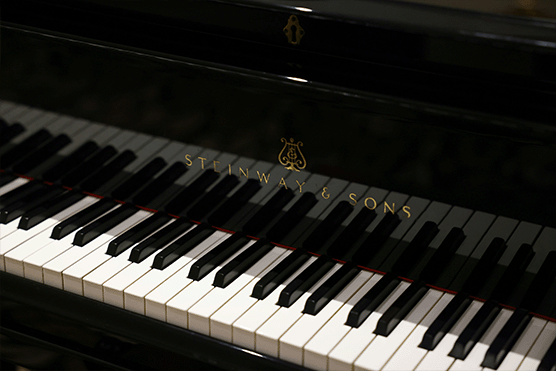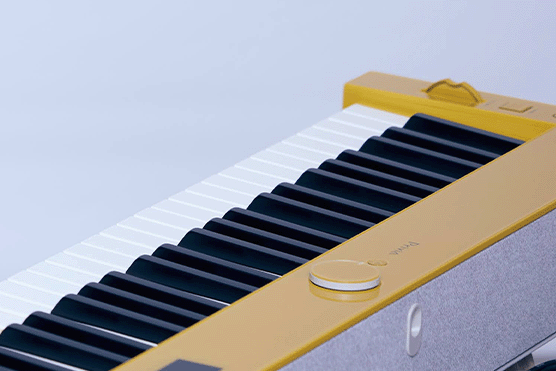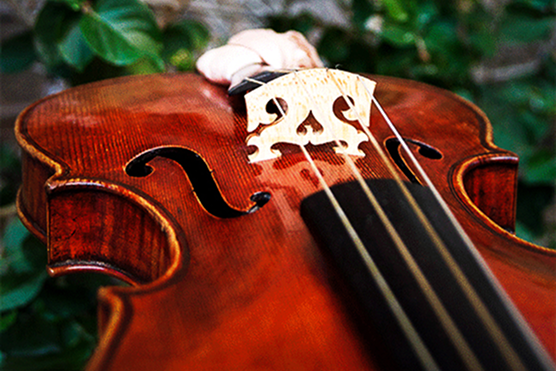Keyboardist
MEGUMI
TANNO
HighLights
My encounter with the piano, a keyboard instrument with a long history,
coincided with the turning point when my life began.
It is an instrument that connects the past with the future.
It connects the soul with the spirit.
Once the sound starts up,
, everyone is in it.
For me, that instrument is the piano.
When I face such a piano,
Before I knew it,
, I was drawn to the clavichord, an instrument from Bach's time.
I was also drawn to the fortepiano that Beethoven kept challenging.
I studied ethnic music in college.
I studied ancient music in Holland.
I studied folk music in college and ancient music in Holland. Now, I continue to challenge myself.
Currently, I am challenging the Western approach of breathing life into instruments as if they were once dead.
As a Japanese
, feel animism and
I treat the instrument as an "inanimate object."
I want to connect both worlds.
I want to discuss classical music as the embodiment of humanity's boundless aspirations.
from heaven and earth.
It is something that breathes now.
The real footprints of people who lived there, and a box filled with the sparkle of life
Spark the composer's breath on its keyboard
They create illusions through the middle and the present.
The keyboard has become a mirror of the present moment.
At this very moment, light shines forth.
I can transform darkness into light through sound.
My credo is:
Reflecting everything.
A single drop of sound becomes a ripple.
I pray that I can add a bit of color to tomorrow's world.
Reflection - Megumi Tanno
ProfileKeyboardist
鍵盤奏者
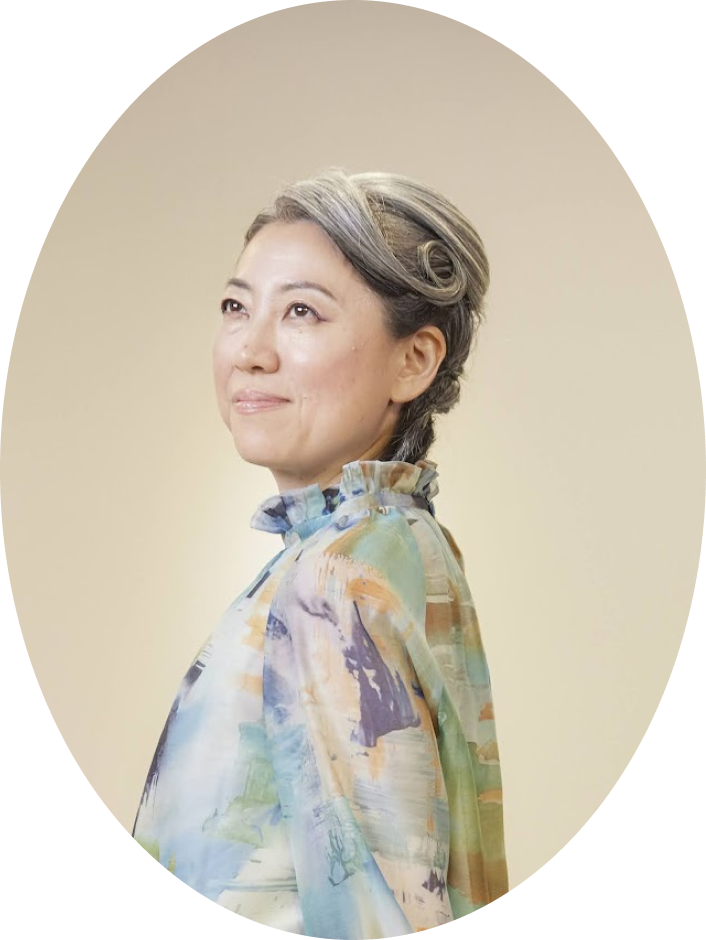
Tanno
Megumi Tanno is a keyboardist who has performed extensively in Japan and Europe, attracting the world with her unique programs.
She studied at the Royal Conservatory of Music in the Netherlands and has a wide range of interests from the 18th century to contemporary music.
She continues to represent a unique world view by freely combining clavichord, fortepiano, and piano in her programs.
After graduating from the Tokyo National University of Fine Arts and Music in 2001, he entered the fortepiano section of the early music department at the Royal Conservatory of Music in The Hague, Denmark, where he received his master's degree in 2007. During his studies he attended the Summer Academy at Cornell University in the United States. He has won prizes at the Bruges International Competition and the John Kehr International Competition.
In 2009 he won first prize at the Van Wassenaar International Early Music Competition. He has performed in 14 cities in the Netherlands and Belgium, and his recordings have been broadcast on Dutch radio and television. In the music scene in Japan, Europe (Switzerland, Holland, Denmark, Spain) and China (Shanghai, Chengdu, Ningbo, Lanzhou, etc.) he has performed with Adriana Arcaide, Michael Zarka, Antonio Piricone, Hingon Cho, Jorn Den Helder, Lucia Zwarte, Leonid Golokhov and Hosetsch Obregon, among others.
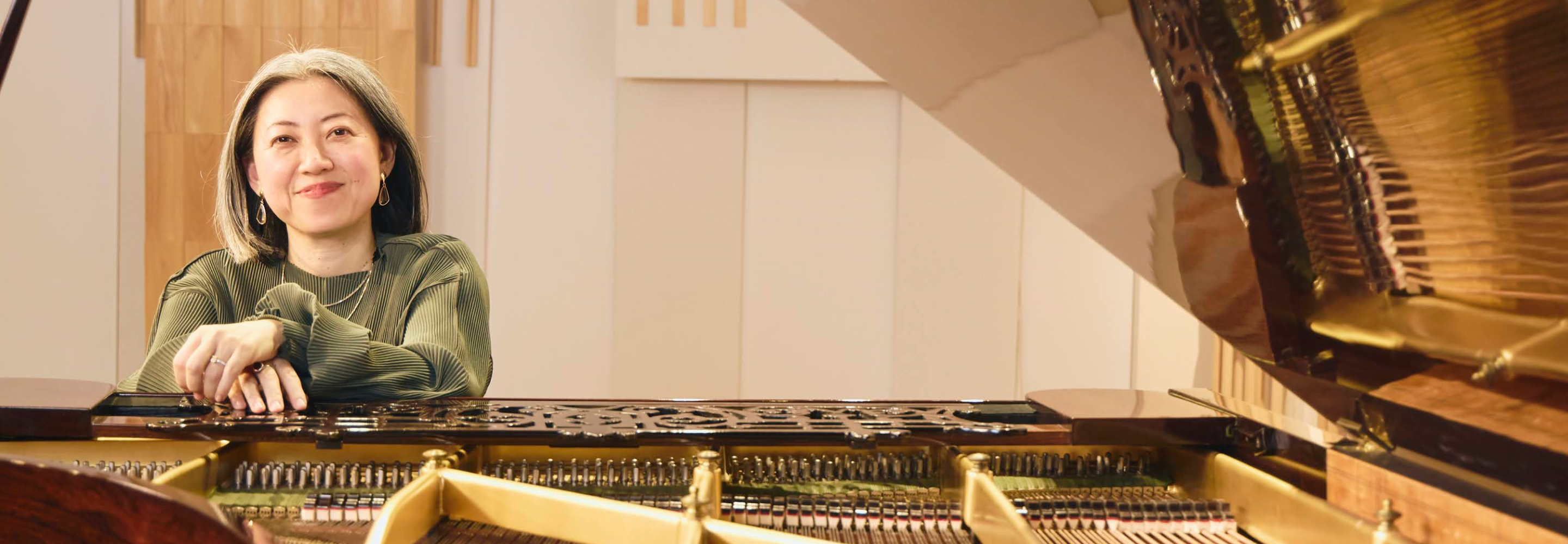
Instruments
The original piano was created in Europe in the 1850s, and it is interesting to see what Mozart and Beethoven, who were active before that time, played on the piano. The piano was invented by Christofori in Italy in 1709 and later improved by Zilberman. This development led to the creation of two schools of action: "English action" and "Viennese action". Most pianos today use the "English action", with Steinway and Bechstein being the leading manufacturers. On the other hand, the "Viennese action" piano was developed by J.A. Stein, Anton Walter, Johann Andreas Streicher, and others.

